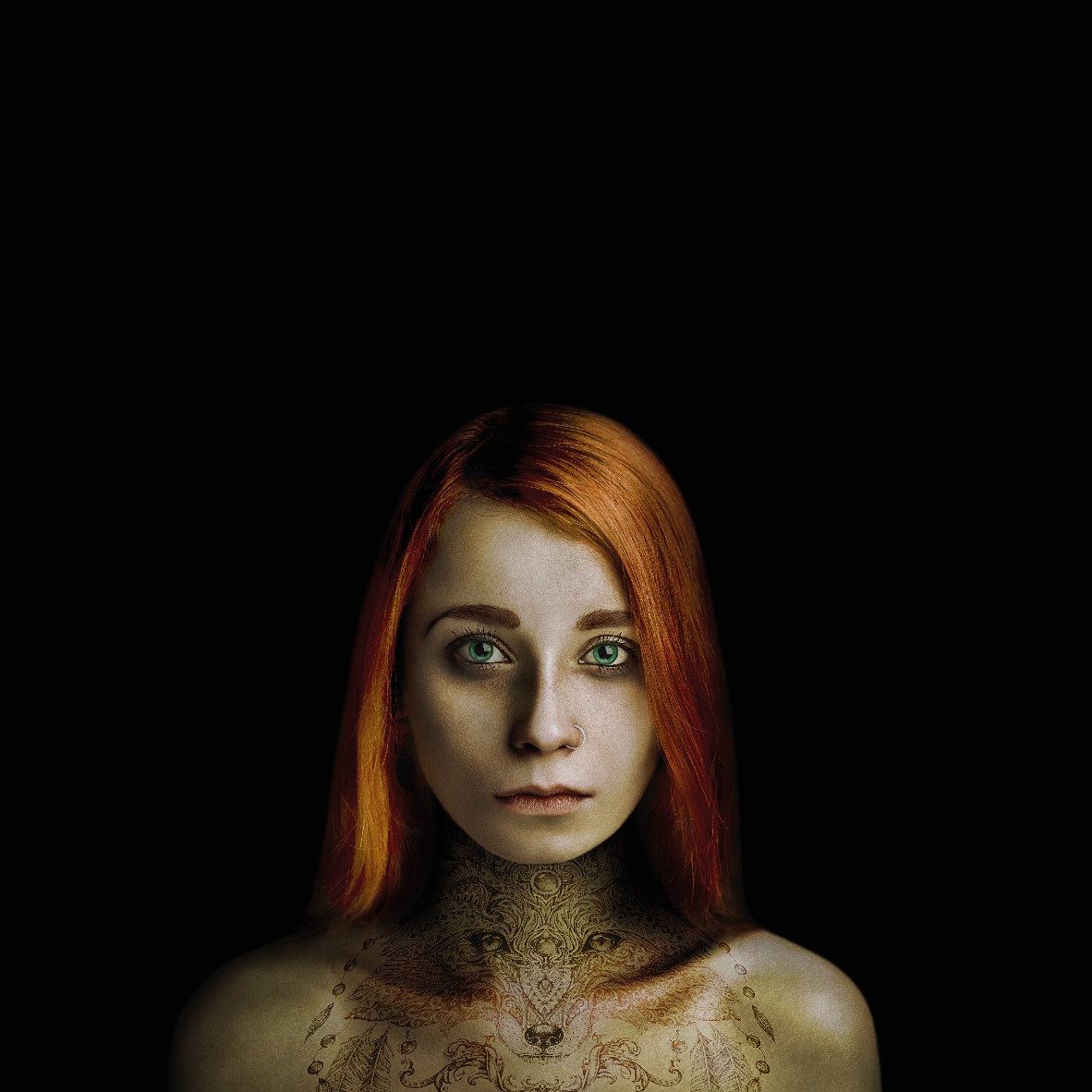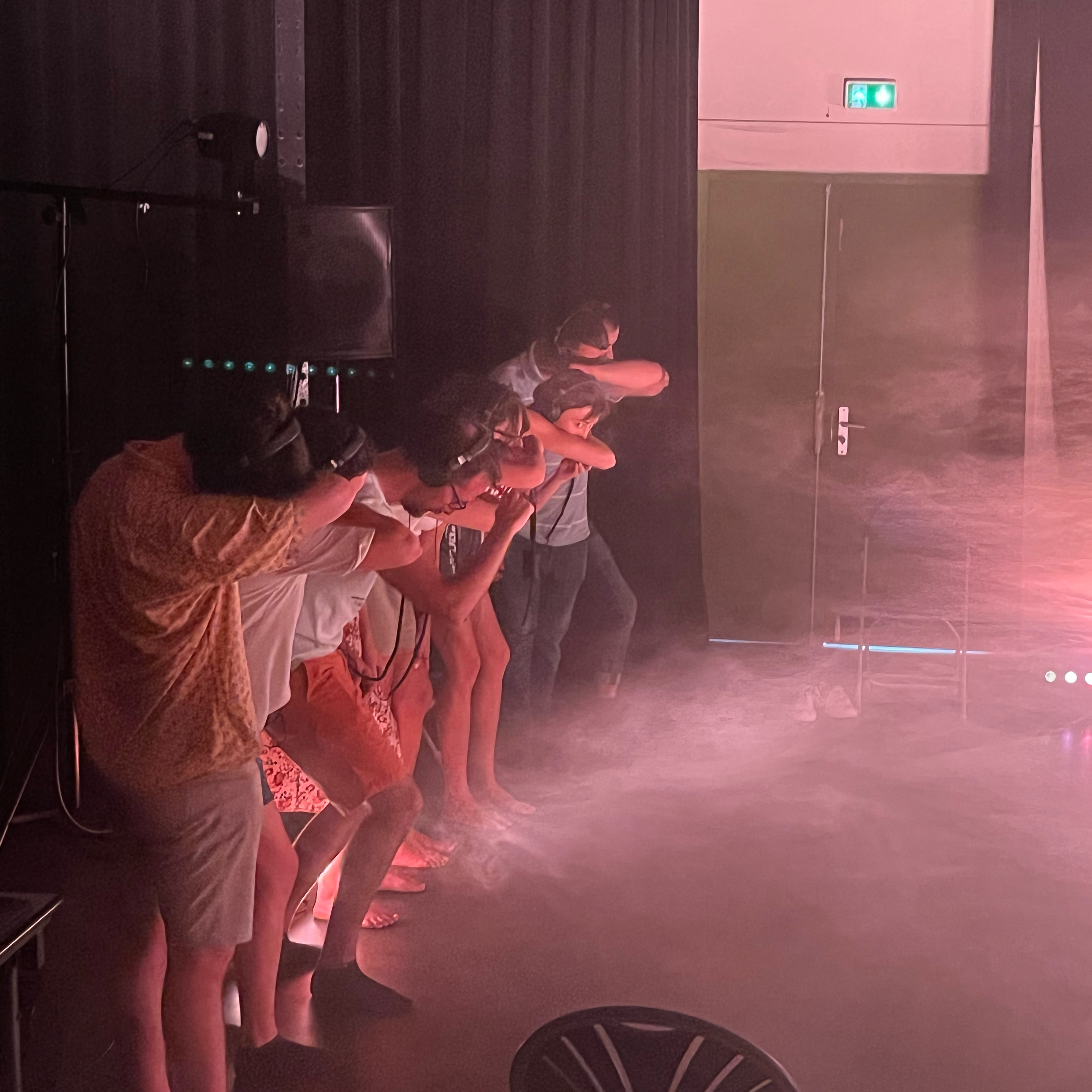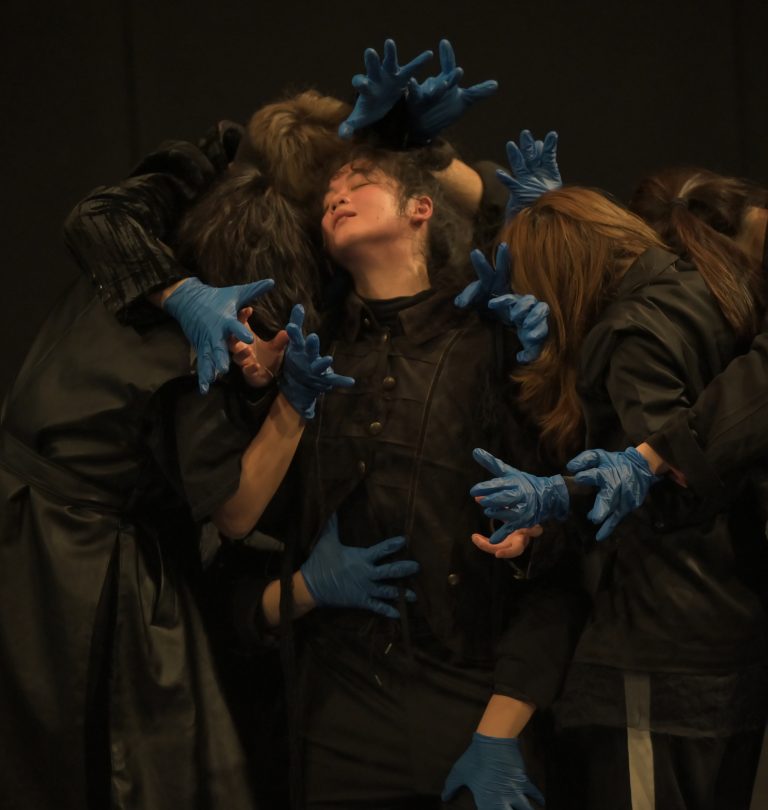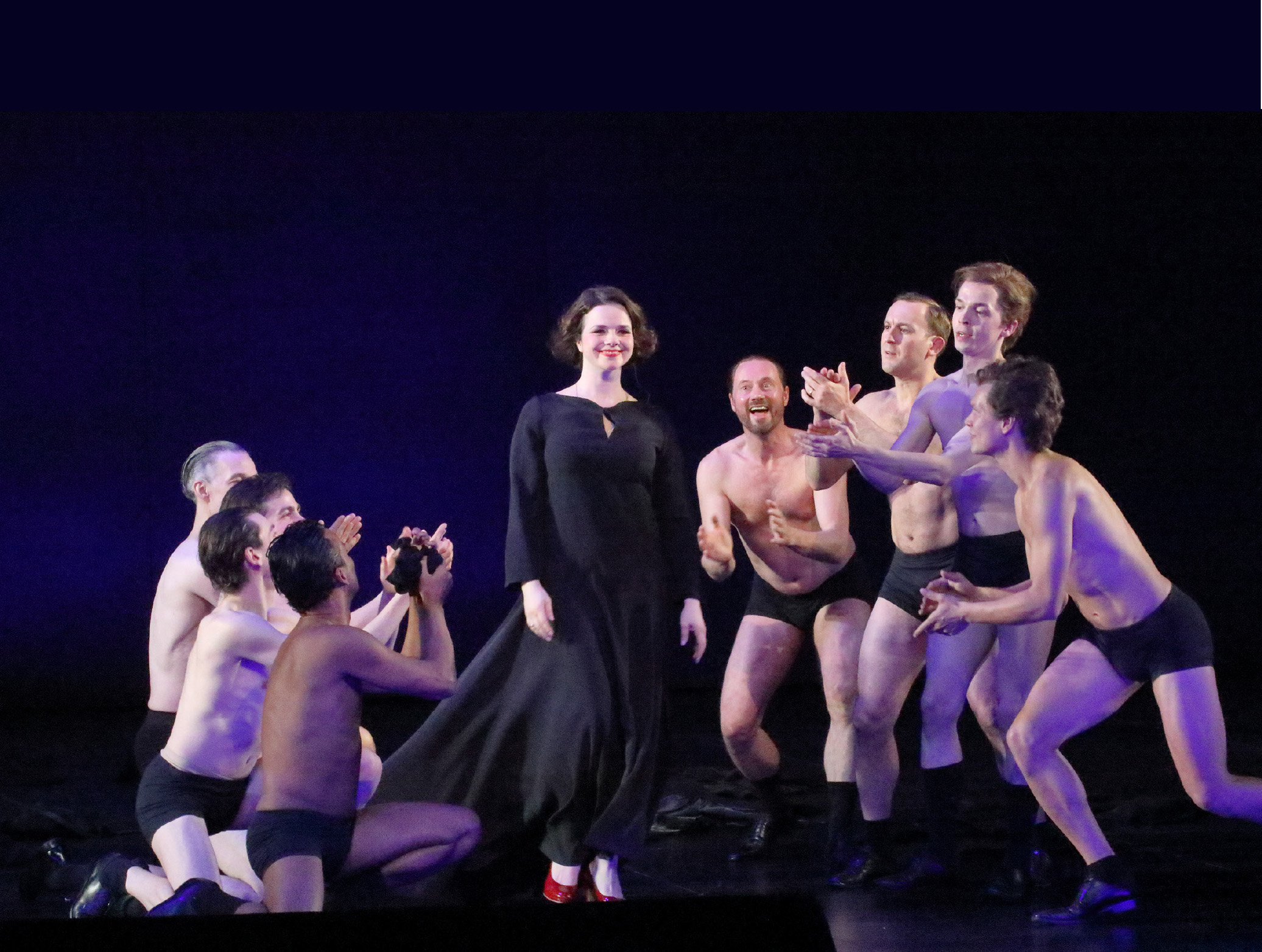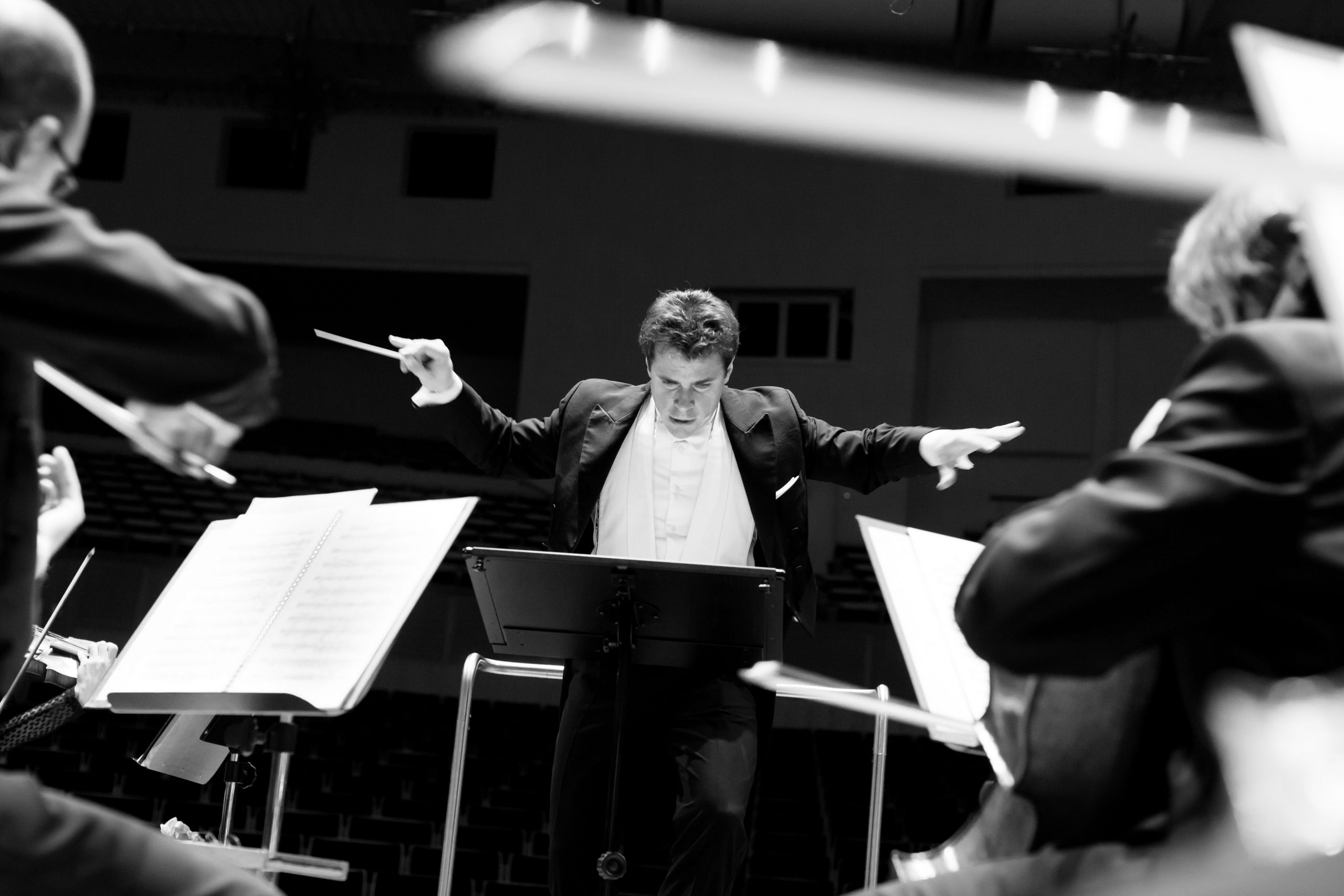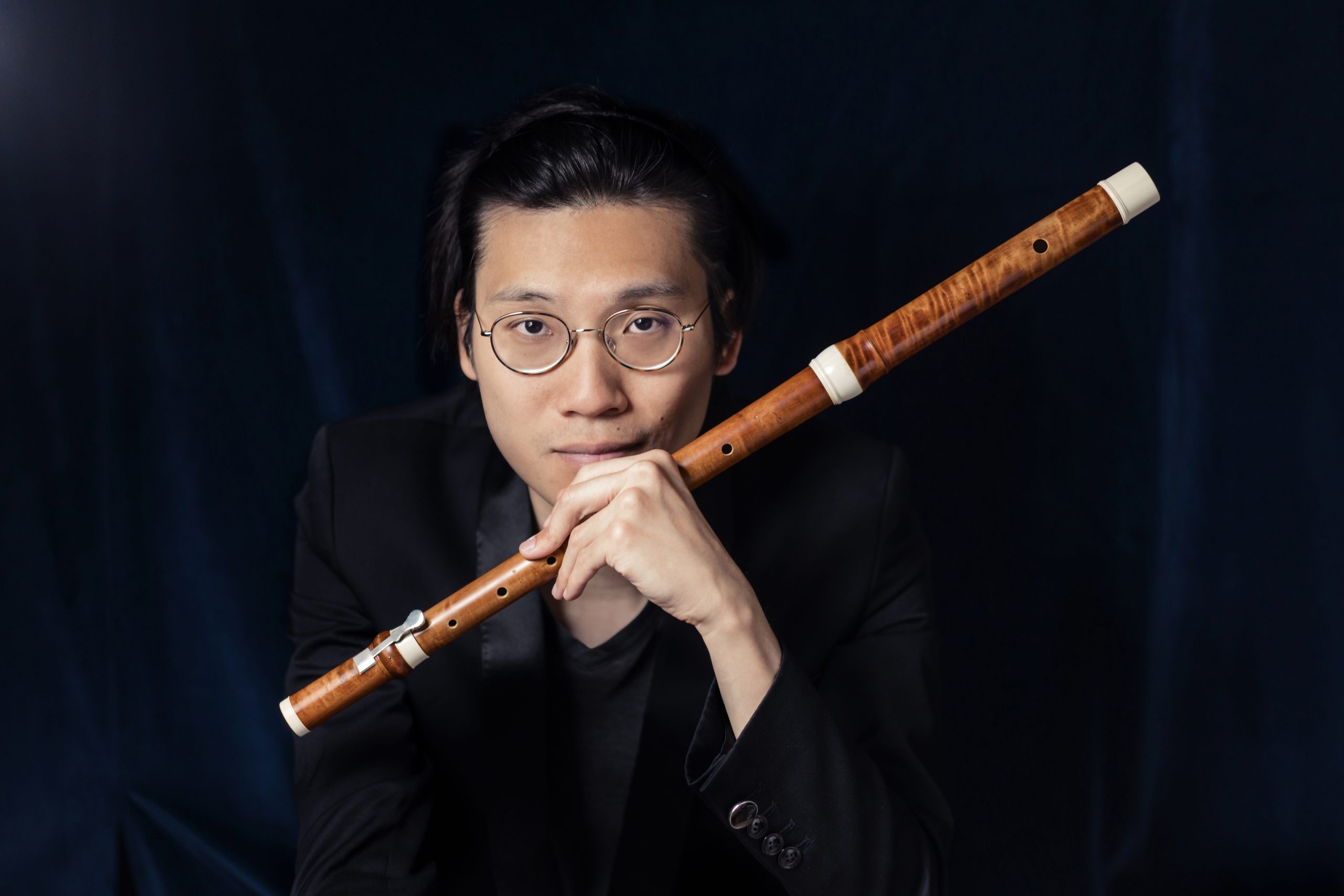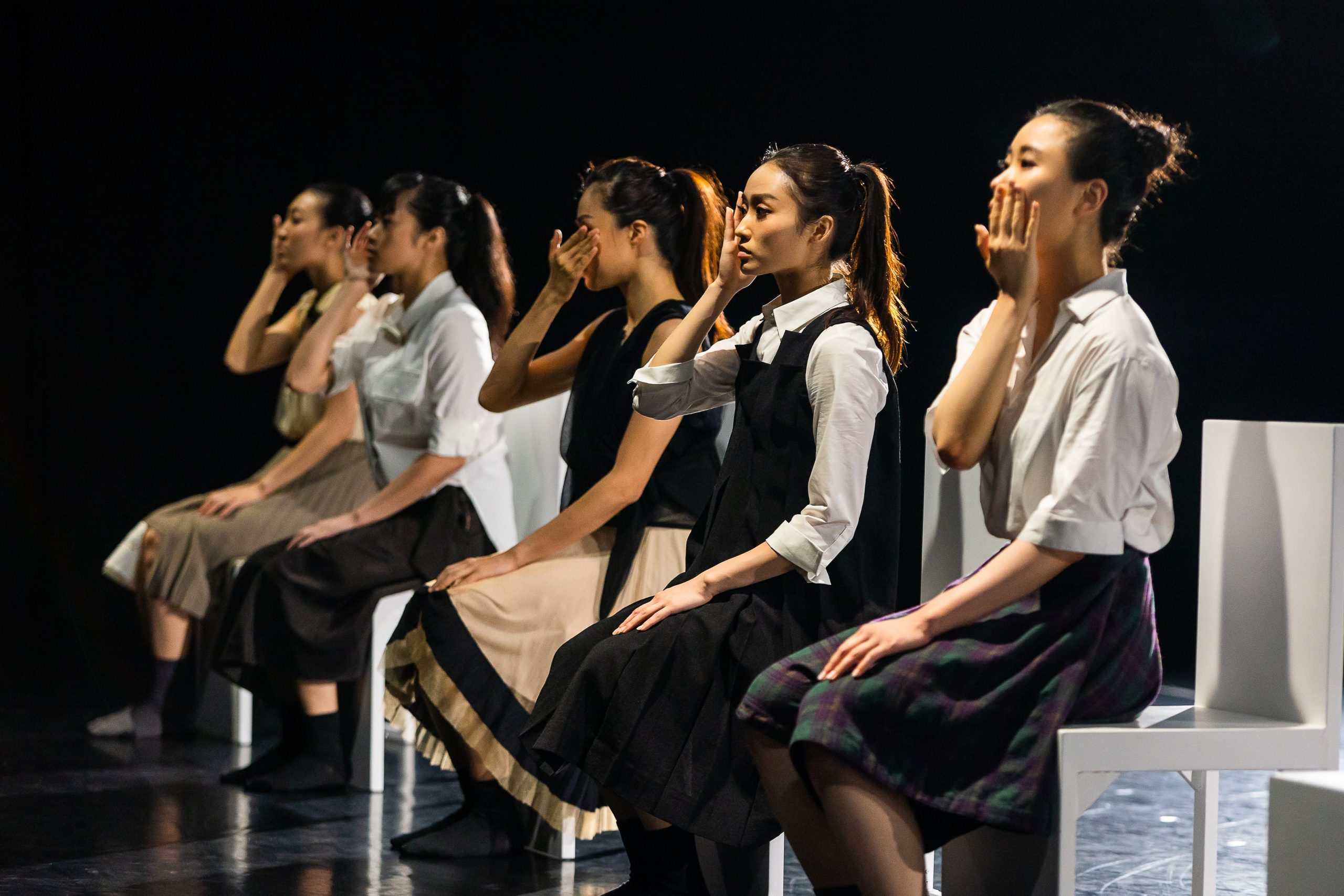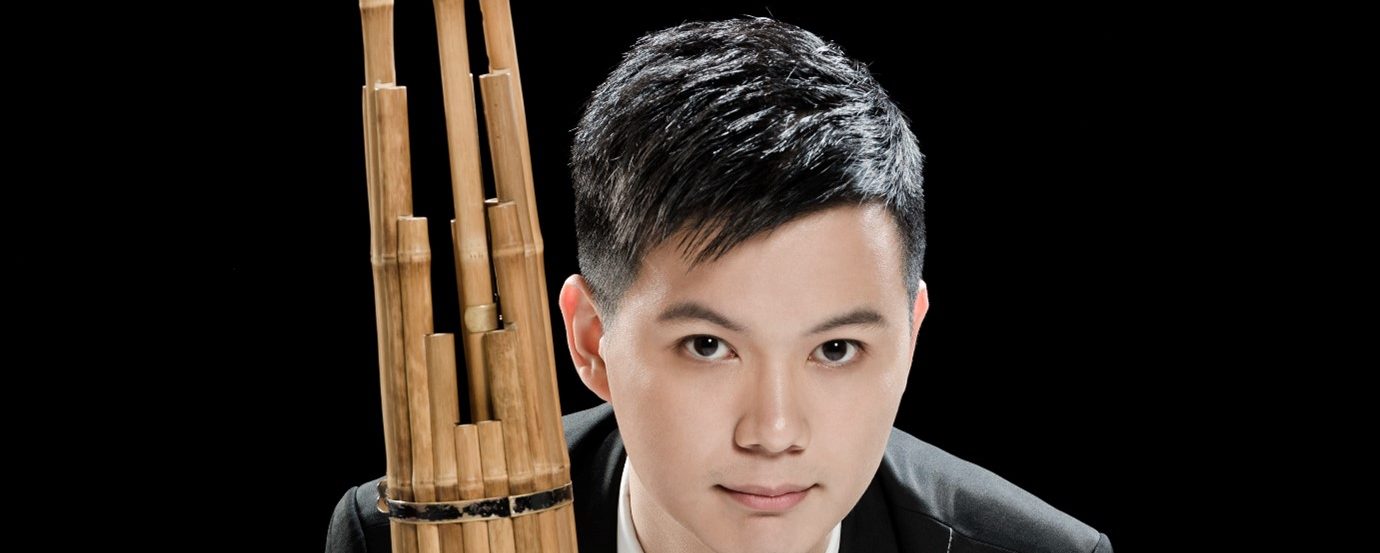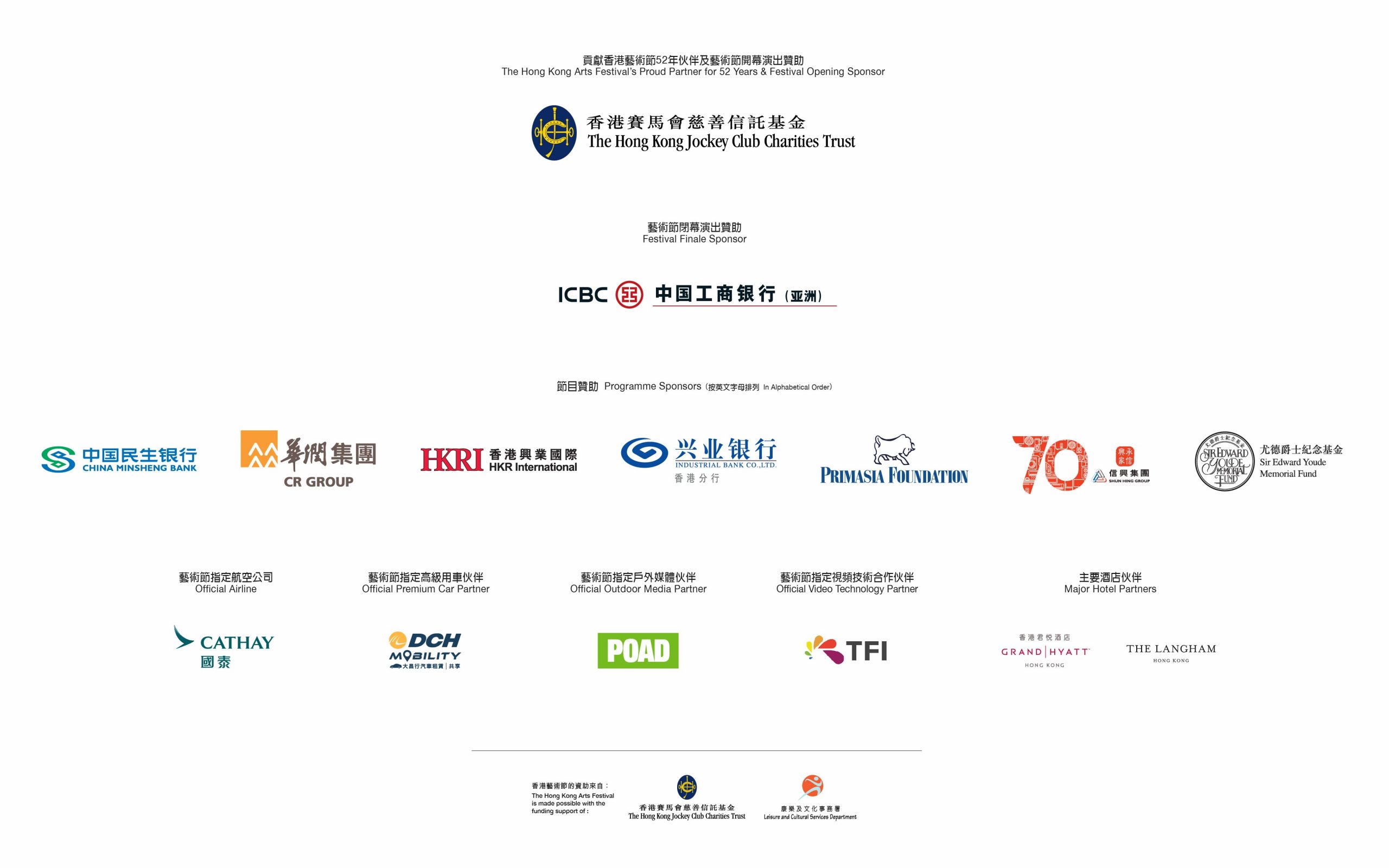What do you think of when someone says "opera"? If it's an ornate, intimidating opera house full of red velvet seats and people in posh evening wear, then the Silent Opera company from the UK wants you to forget everything you've learned so far.
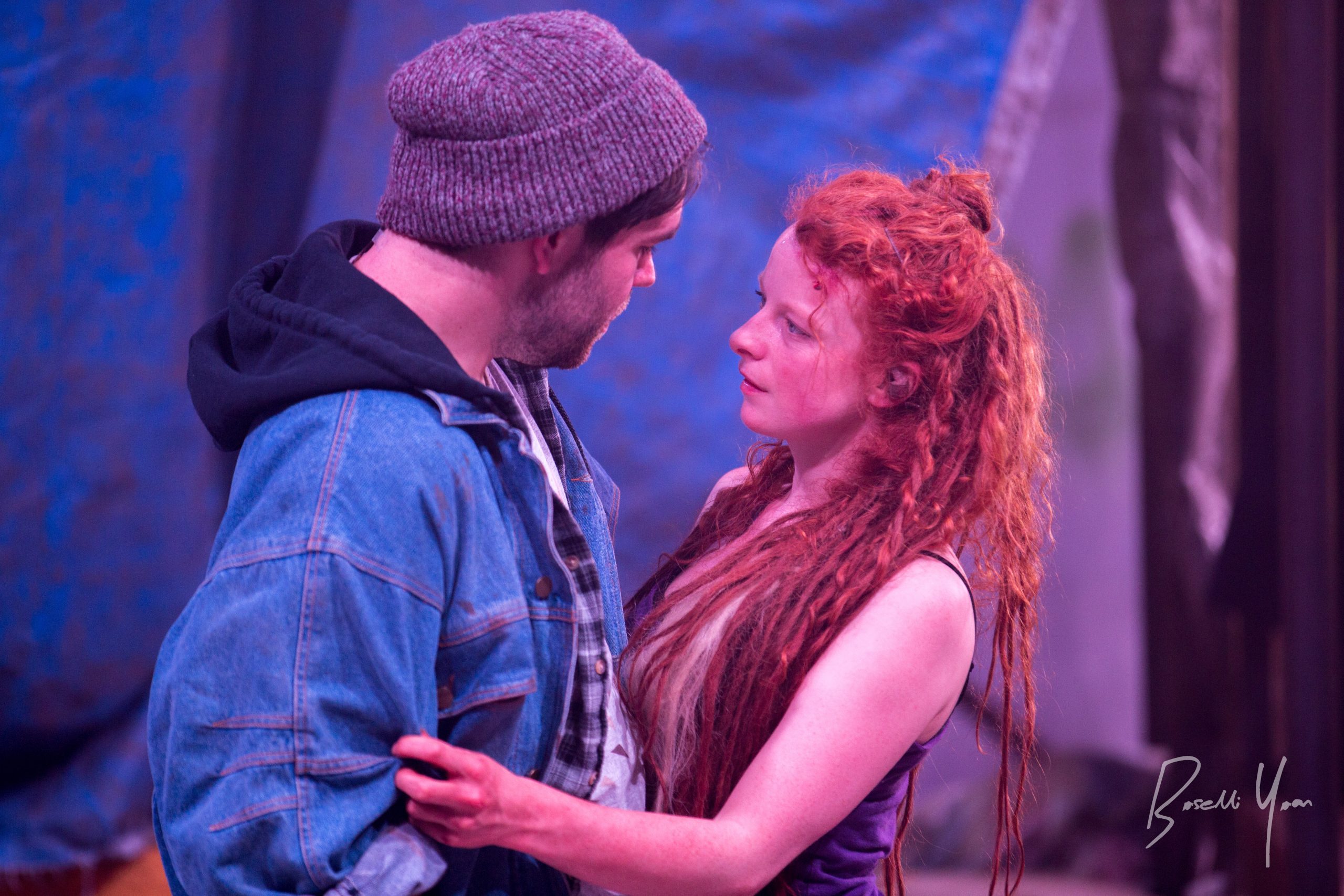
Founded by director Daisy Evans in London just more than a decade ago, Silent Opera proudly produces opera performances "for the next generation" using technology popularised by the silent disco movement. During these immersive performances, participants can either listen to the opera singers live, backed by performers on live instruments, or put on wireless headsets to hear a pre-recorded full orchestral performance of the opera they are experiencing.
But the popular silent discos that have emerged in recent years weren't the original inspiration for the company, Evans told FestMag in Hong Kong late last year while she was preparing for their 2023 HKAF show Vixen alongside company music director Stephen Higgins.
"When I was growing up in London, there was a lot of really cool theatre stuff happening. There was a big fringe scene and there's a lot of experimental and immersive theatre," she says. "I came from a musical background, I really liked opera, and I thought, 'How can I get opera to do what these other theatre companies are doing?'
"The only opera I could see was the Royal Opera House and the English National Opera and these big, kind of scary, expensive institutions. And a lot of those doors were barred to me at that age. But I wanted to get straight in there and start creating."
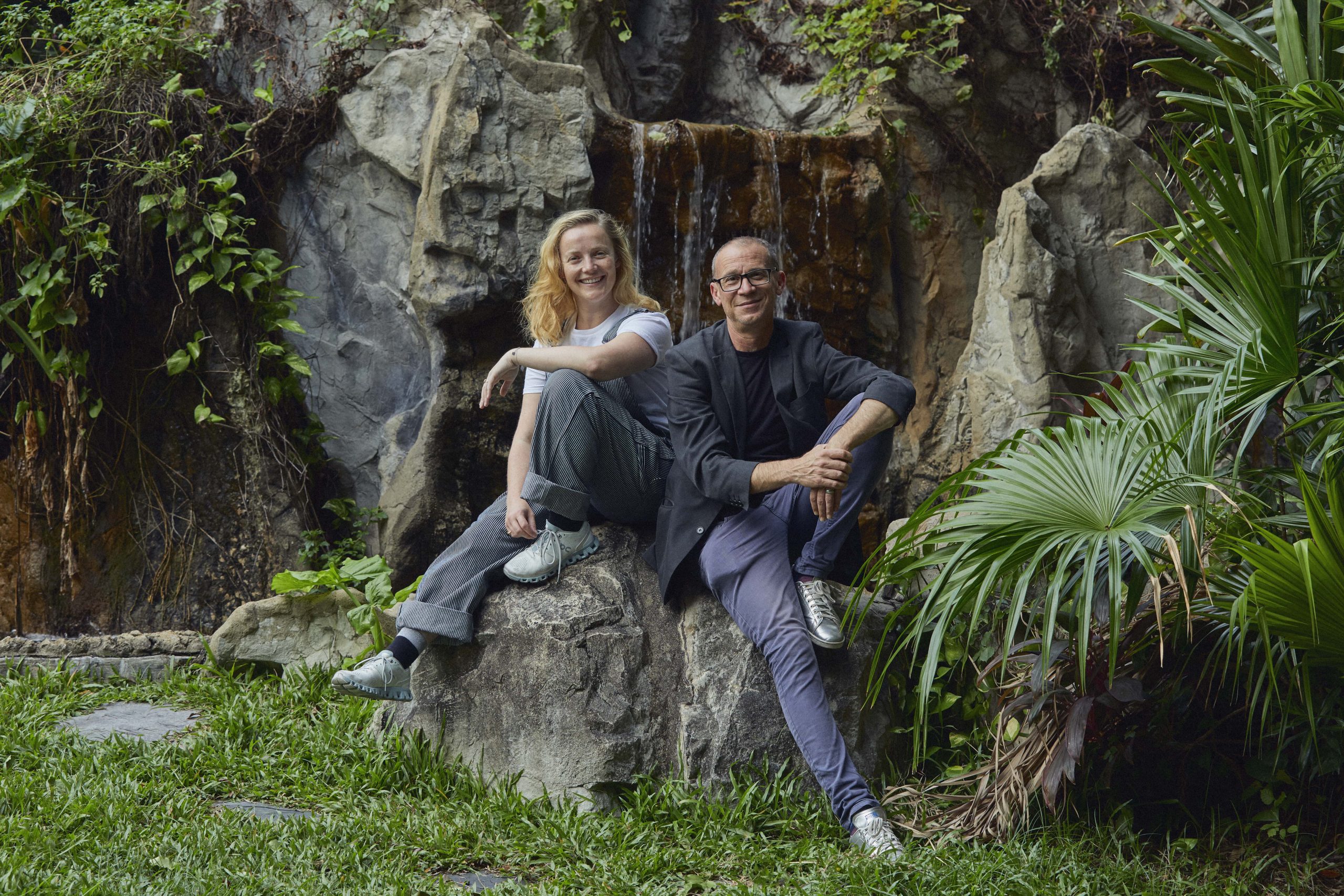
Finding a new voice
Evans said she started to formulate plans for site-specific operas while at university, just using piano, but found the concept lacking without an orchestra. And then after adding an orchestra she encountered logistical problems in trying to enable musicians and their instruments to remain mobile around the performance venues.
And then, while travelling on London's Underground trains, Evans had a lightbulb moment. "On the Tube, I was starting to see that everyone was wearing headphones and were in their own little world. I thought it would be so interesting if you could put people into the sonic world of the opera as they were walking around a performance, so the person next to you could start singing and you'd hear the whole of the orchestra as well as the singer. The silent disco headphones use wireless technology, so that seemed to be the easiest way to do it."
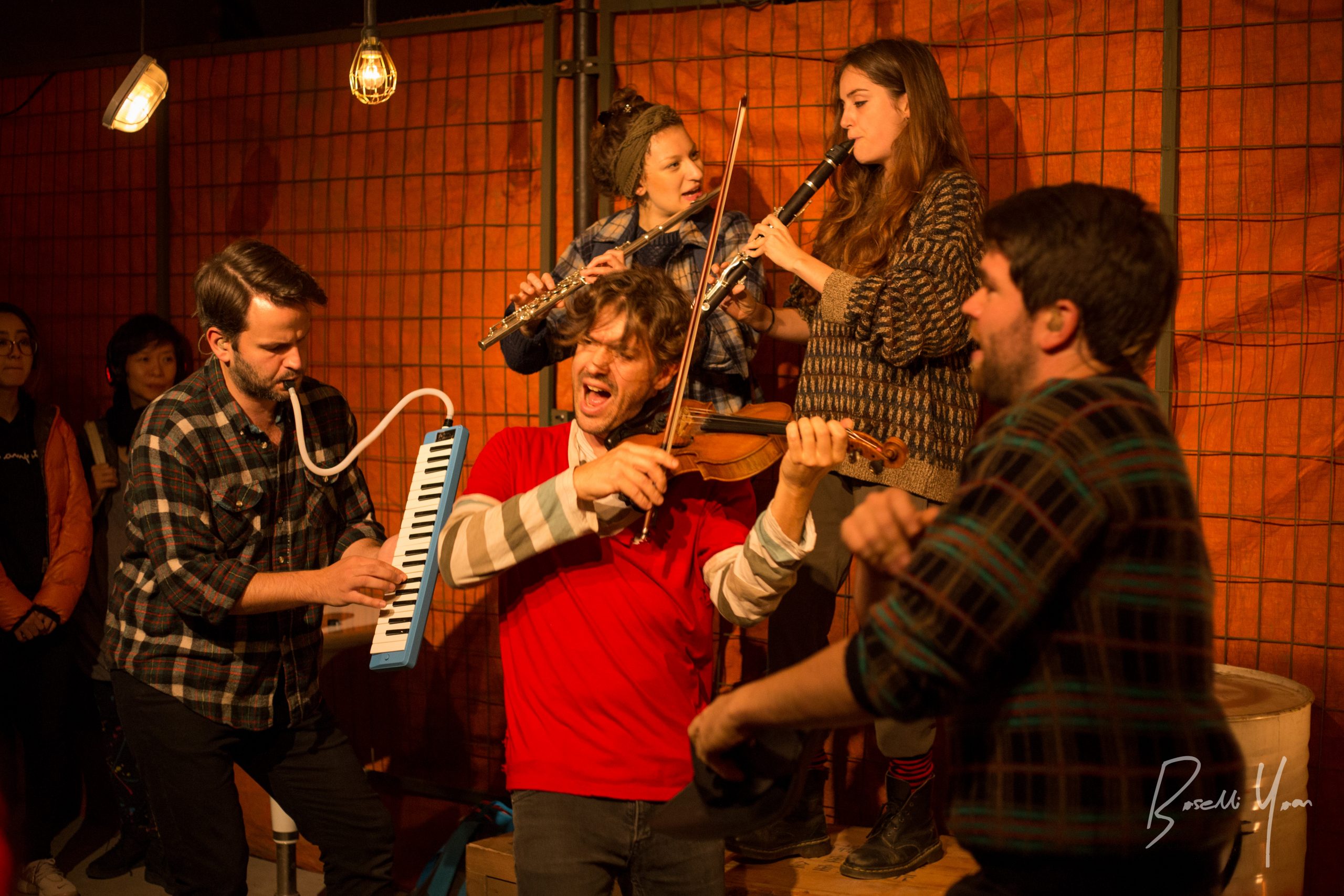
A technological revolution
Higgins explains that simply using a pre-recorded orchestral track wouldn't work because it robbed the singers of the freedom they had when performing over live music. "We thought we'd try and develop a way of working that still used this technology but retained a musical sensibility," he says. "So for our first shows together, the music clips were triggered by QLab [a macOS program for playing back sound, video, light, and show control cues], but as a sort of living, breathing instrument rather than as a computer program.
"Eventually, I thought, well, you're getting all this information [such as musical cues and audio clips] and you're putting 60 performers into a computer. Why don't you just use what the computer has in the first place and make something a bit more electronic based?"
Ingeniously, Higgins realised that audio clips could be launched by the software when it detected—via wireless microphones—the sound of a singer taking in a sharp breath before singing. And then, after working out how live musicians could integrate with the cast and the audio clips being triggered on the software, the Silent Opera concept was complete.
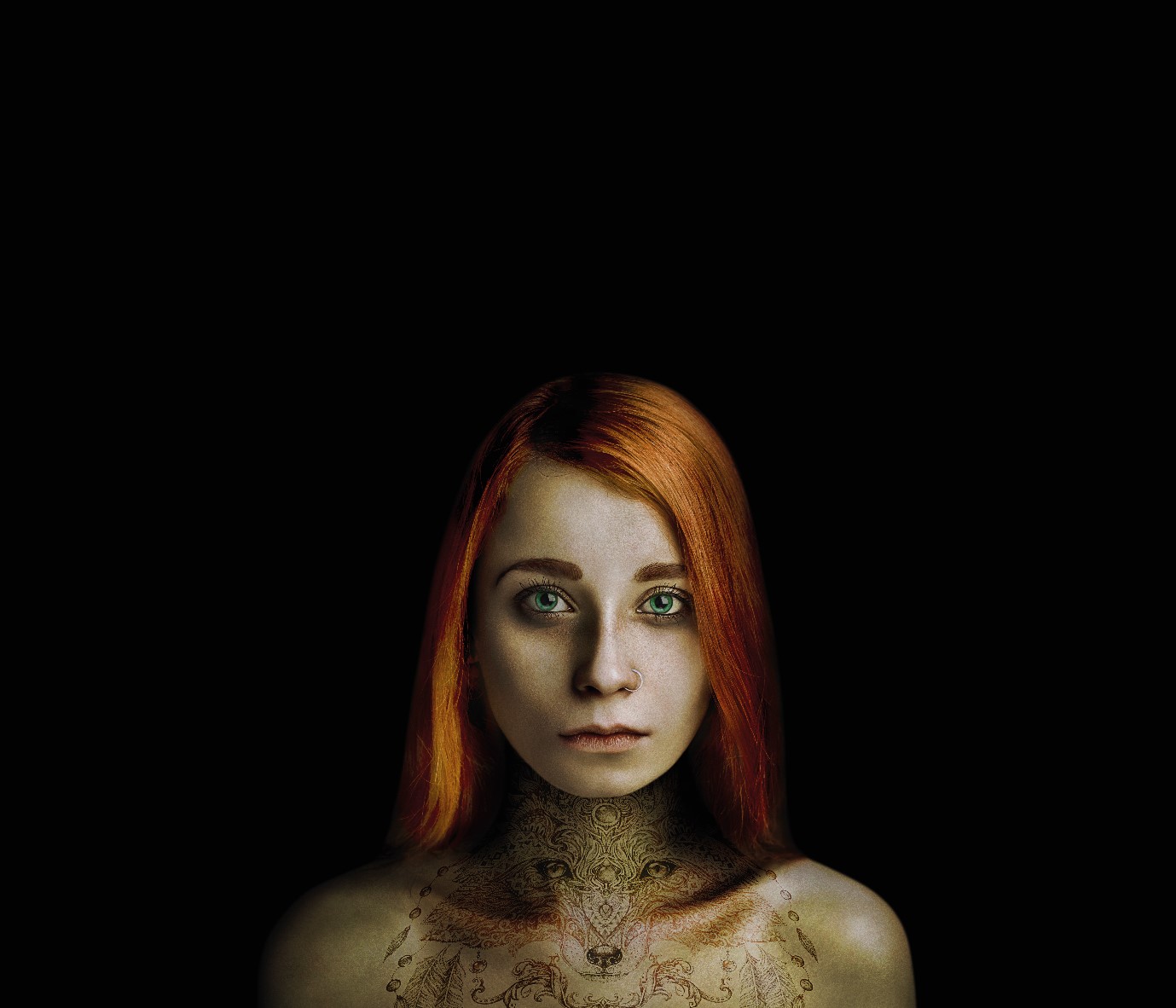
Musicians dragged out of the pit
Evans said that despite their reliance on electronics, it was vital that Silent Opera shows also made use of live musicians. "When you go to the opera, the musicians are very separate. They're all wearing black, they're in a pit and you're either not encouraged to look at them at all or they're kind of hidden. I just thought, 'They're there and they're making the sound that goes along with this, so how do we make sure that they feel at home in this dramatic world?
"In Vixen, for example, they are a band of street buskers trying to earn money. The tunes they're playing are inspired by material from the original opera, which then our singers can join in with. So it all fits together, but it's all part of the same dramatic world and you can imagine yourself being there."
Vixen is Silent Opera's version of The Cunning Little Vixen, composed by Leoš Janáček, and is the latest in a long line of opera classics to receive an immersive overhaul by the British company —others that have received the Silent Opera treatment include La Boheme, L'Orfeo, Carmen and Don Giovanni.
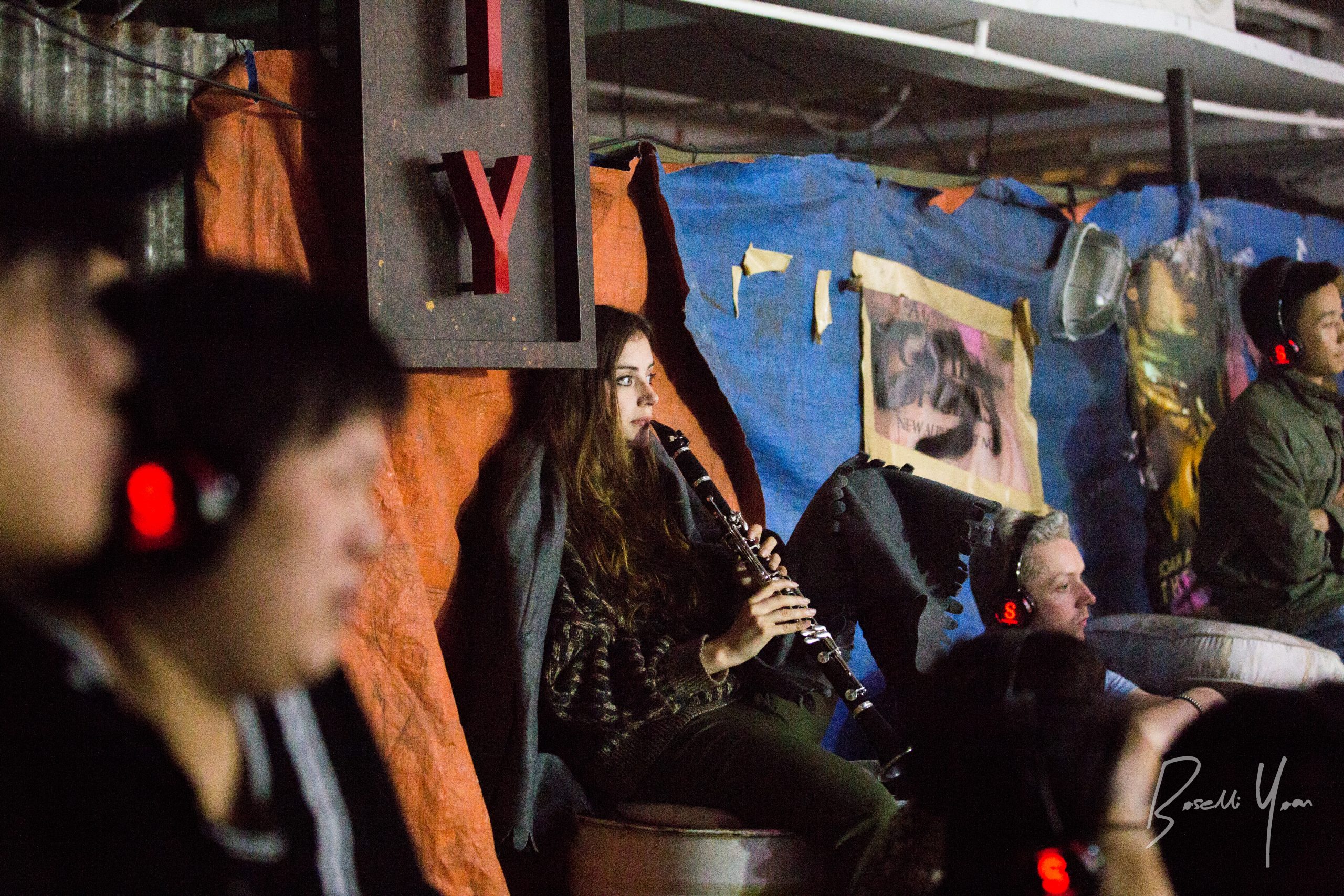
Roaming the relics of history
The Hong Kong version of Vixen takes place at several locations around the Tai Kwun complex—the Prison Yard and Laundry Steps— and it's taken on a local flavour: the references in the original text to life in London have all been changed to Hong Kong, the Fox offers to buy the Vixen a bubble tea, and the audio team worked hard to make the soundtrack familiar to a local audience, such as by sampling the sound of Hong Kong pedestrian crossings.
Perhaps unsurprisingly, the Silent Opera team initially faced scepticism from the establishment, but it eventually won praise from many opera veterans—although sometimes through gritted teeth. "What we do is urban, it's not at all posh, you don't have to dress up, and there are no rules," says Higgins. "We're not scared of the opera police."
Jockey Club Local Creative Talents Series: Vixen
